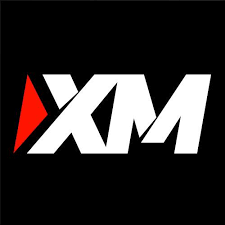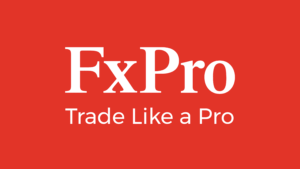n a significant development for the blockchain community, Canto, a Layer 1 blockchain initially launched in 2022, announced its migration to Ethereum’s Layer 2 (L2) on Monday. This move is facilitated by Polygon’s Chain Development Kit (CDK), a technology that enables the creation of zero-knowledge (ZK) chains. The migration aims to focus on real-world assets and contribute to a “neofinance” future, which refers to a new era of financial efficiencies achieved by deploying off-chain assets on blockchain protocols.
The migration will enable Canto to tap into a unified Polygon ecosystem that provides seamless access to Ethereum. User security will be ensured through a best-in-class ZK prover, inheriting cryptographic security from Ethereum. This eliminates the need for socio-economic incentives of fraud proofs, thereby enhancing trust and decentralization.
Upon an official agreement reached by Canto Commons — a framework where contributors coordinate ideas and solutions to the protocol — its core developers will build a ZK rollup on Ethereum’s second layer. This means that if an agreement is reached within the Canto Commons, core developers will construct a ZK L2 that embodies the community’s principles of permissionless sovereignty and public liquidity.
For neofinance to be realized at scale, deep liquidity is essential. This is where the migration to an Ethereum ZK-powered L2 comes into play. Canto will utilize a Plonky2 ZK proving implementation and will maintain its proof-of-stake validator set for decentralized sequencing. This ensures that there will be no changes for Canto’s existing validators or stakers.
Canto is not alone in this migration trend. Earlier this year, Celo and Fantom also announced plans to become Ethereum Layer 2s, signaling a broader industry move toward Ethereum’s ecosystem. Canto now joins the ranks of Astar, Immutable, IDEX (NYSE:IEX), and Palm Network as ZK-based Layer 2s built by the Polygon network.
On Sept. 13, the Astar team announced it will soon begin building its own Ethereum layer-2 scaling solution, named Astar ZK-Ethereum Virtual Machine (EVM), also using Polygon’s CDK. The ZK-powered chain is expected to enable businesses to implement Web3 solutions with increased speed, scalability, and security in Japan — where Astar is based — and around the world.
However, not every protocol is sticking around on Ethereum. Decentralized exchange dYdX announced its intention to build a “purely decentralized” order book exchange on Cosmos as part of a plan to migrate away from Ethereum in early September. Another Ethereum-native protocol, Maker, signaled plans to move to cut ties with Ethereum and build a new, more “efficient” chain with Solana’s codebase in September too.
Bu makale yapay zekanın desteğiyle oluşturulmuş ve bir editör tarafından incelenmiştir. Daha fazla bilgi için Şartlar ve Koşullarımıza bakın.

















